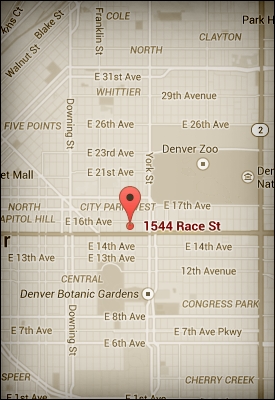The case questions basic Fourth Amendment rights to privacy.
More on the case
The case in question began when police allegedly observed a man suspected of committing a robbery run into an apartment building. The enforcement officers knocked on one of the apartment doors and a woman answered. Noticing the woman was injured, the police asked if they could perform a protective sweep of her apartment. At that time a man stepped forward and declined the offered sweep. The police arrested the man under suspicion of causing the woman's injuries.
The woman later agreed to allow the police to conduct a search of the home, which led to confiscation of evidence used to charge the man with various crimes, including robbery.
Application of Fourth Amendment rights
The man charged with these crimes argues that his basic Fourth Amendment right to privacy was violated when the police conducted a search over his objection. The police argued that their search was legal, since the other occupant agreed. If the court found for the police, the search would be considered a legal, warrantless search.
In response to the police's argument, the man cited a precedent case, Georgia v. Randolph. In Randolph, multiple occupants were present at the time police requested a search of the property. One occupant agreed to the search, the other objected. Ultimately, the court found the key difference in the previous case was the physical presence of both occupants. The man in this case was not present on the property when consent was given by the other occupant. As a result, his previous refusal was no longer applicable and the police were allowed to legally search the apartment.
What the case means for those facing criminal charges in Colorado
The ruling issued by the Supreme Court applies to states throughout the nation, including Colorado. As a result, the ruling could be interpreted to expand police powers to conduct searches of people's homes in Colorado.
Searches are used to gather evidence in a variety of cases, often to support charges of drug crimes. Those who are charged with these crimes have various defenses available. As noted in the case above, police are required to follow certain laws when conducting a search. If any of these laws are violated, any evidence confiscated during the search may not be allowed in court.
Importance of legal counsel
Anyone charged with a federal crime should take the charges seriously. Various defenses are available that could lead to a reduction or, in some cases, even a dismissal of charges. Contact an experienced federal criminal charges lawyer in Colorado to discuss your situation and better ensure your legal rights are protected.



